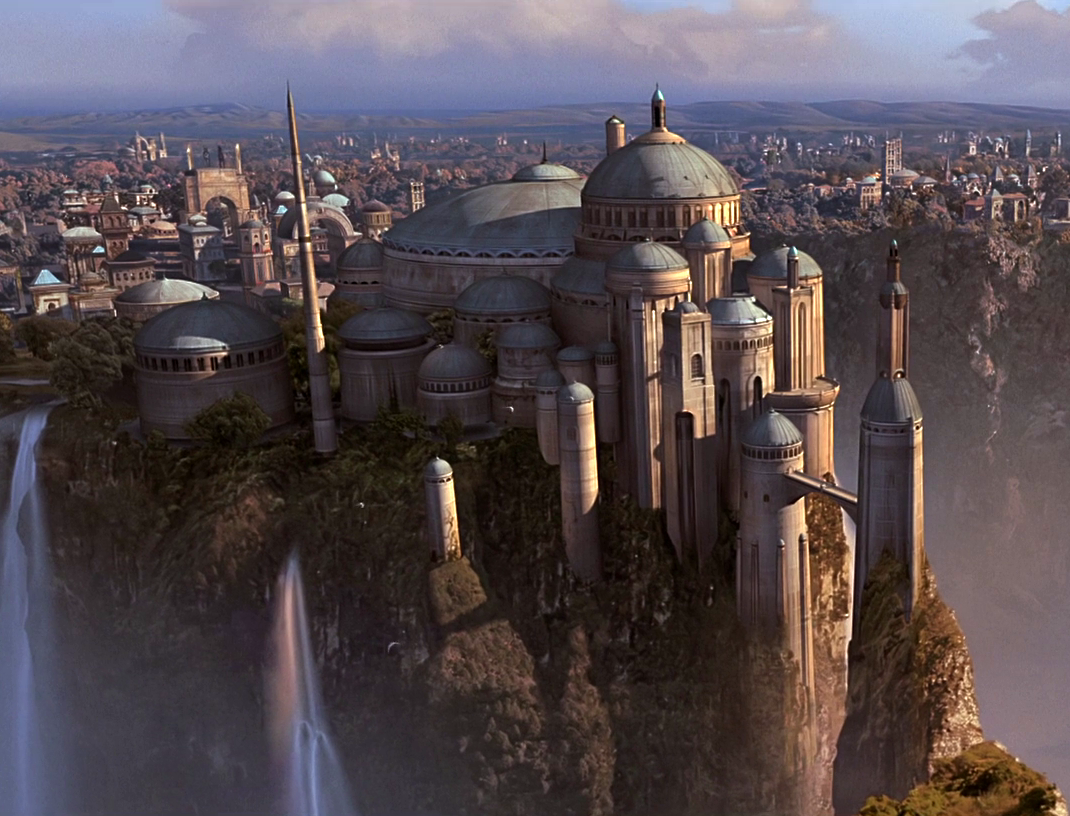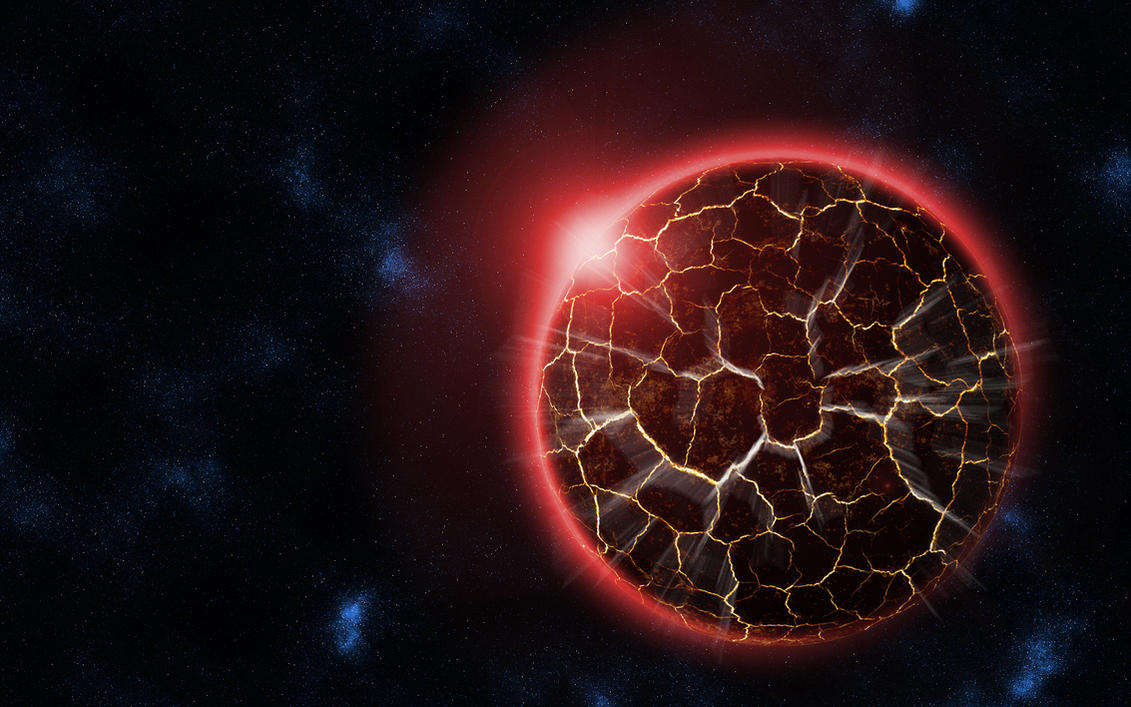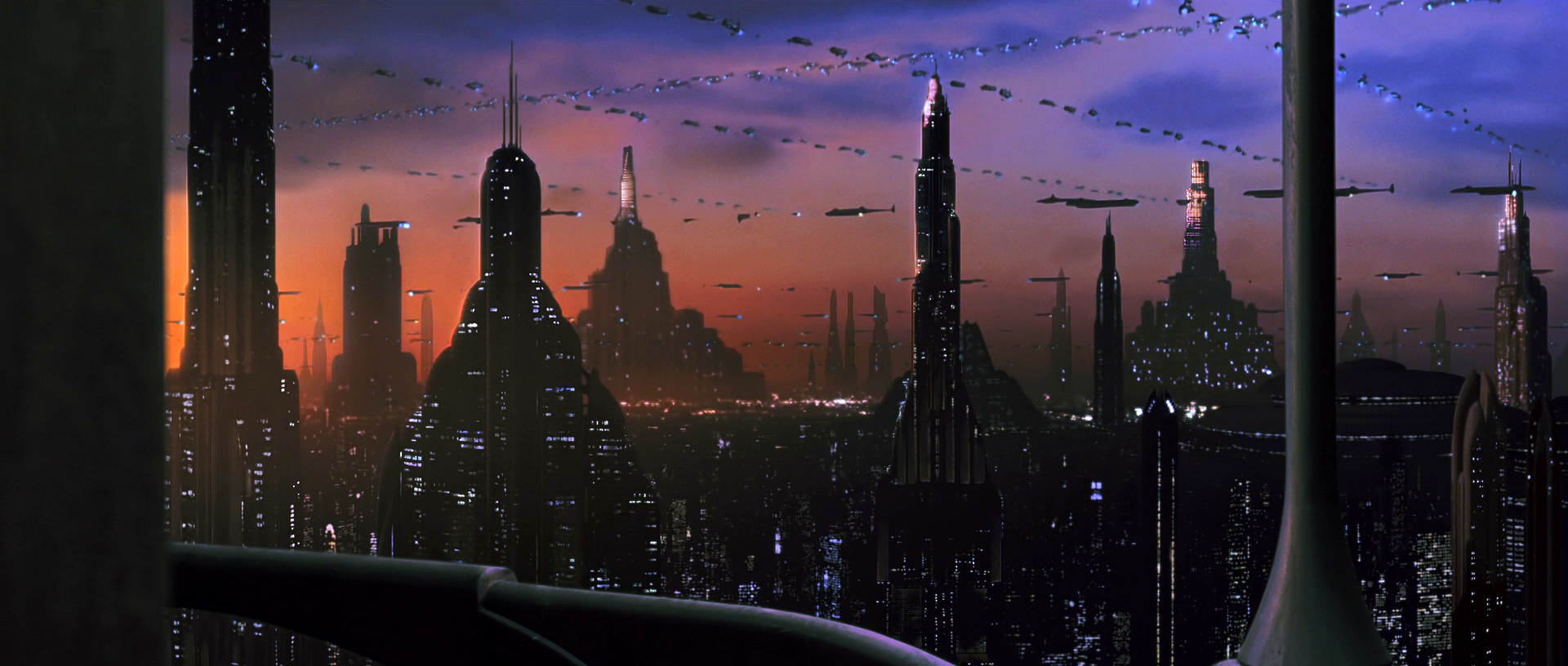There are very many opinions- scholarly, and not-so-scholarly- on how to divide the history of science fiction. Since we are about to enter a period of science fiction history considered by many to be the “Golden Age”, I thought it was about time to add my not-so-scholarly opinion to the pile.
So, here is a list of what I consider to be the four eras of science fiction we’ve explored so far, and the one era we are about to explore. It is, of course, in chronological order.
1. Romantic Dread
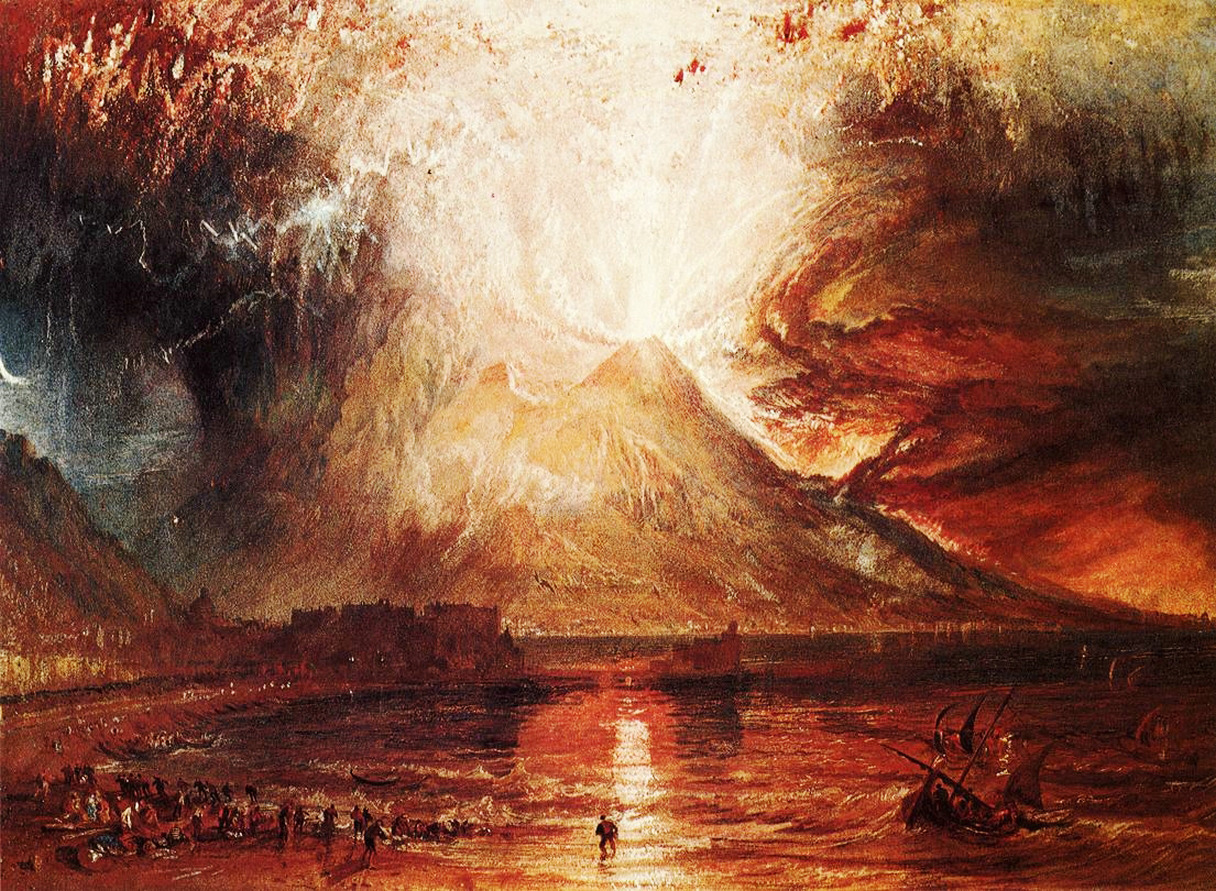
For the first fifty or so years of science fiction, the genre was dominated by romanticist authors such as Mary Shelley and Edgar Allan Poe. The romanticists watched as man tried to conquer nature, and envisioned the future this could lead to. Stories such as Frankenstien, and “Facts in the Case of M. Valdemar”, as well as satirical,political stories, such as A Voyage to the Moon by George Tucker defined this era.
2. The Gilded Future

When Jules Verne burst onto the scene in the 1860s, he placed a more positive spin on the industrialist future. His machines allowed for adventure and exploration. The speculation of H.G. Wells normalized many of the quintessential elements of science fiction, including time travel and alien invasions. This era lasted approximately until the Great War.
3. Escapist Artists
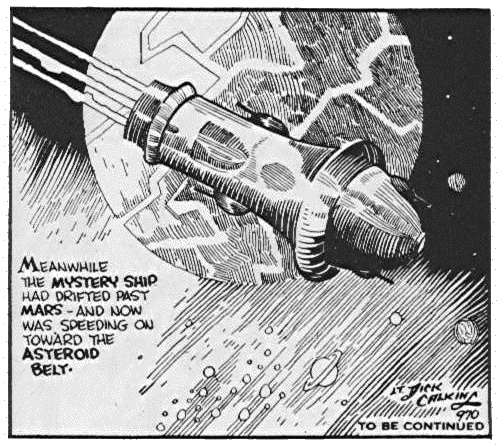
The bulk of the science fiction produced from the 1910s to the early 1920s was pulp-style action adventure, such as the works of Edgar Rice Burroughs, and the serialized Buck Rogers in the 25th Century. It appealed to a war-torn populous looking for bright, hopeful futures, and pristine heroes.
4. Popular Mechanics

The first science fiction magazines began to be published in the mid-1920s, bringing science fiction as a genre into the mainstream. Short stories like “124C41+”, and movies such as Metropolis, were the contributions of this era to the body of work that is science fiction.
5. The Golden Age

Who am I to argue with the experts? Many place the golden age of science fiction between 1937 and 1950- and with good reason. This era boasts some of the biggest names in science fiction literature, such as Isaac Asimov, Ray Bradbury, and even C.S. Lewis.
I can’t wait to dive into the history and ideas of science fiction in the golden age with you all. I’ll be back tomorrow, as we begin in the 1930s.
Keep on glowing in the dark,
Elora
